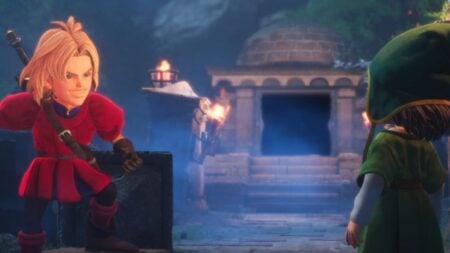Currently, Avengers: Age of Ultron has surpassed the $500 million mark in international grosses. Four superhero movies, two Marvel and two DC, are part of the list of the top 20 grossing movies of all time, with the first Avengers taking the number three spot behind Avatar and Titanic. Suffice to say, the superhero genre isn’t going away anytime soon. Marvel and DC have already unveiled plans for their cinematic universes into the 2020s. Age of Ultron has garnered equal bouts of critical praise and revile. The common opinion is that it’s good, but not as good as Avengers.
Could America finally be succumbing to superhero fatigue, before DC can get their shared universe off the ground? Probably not. After watching Age of Ultron and ultimately coming away with a headache, it seems that the real issue belongs in the lack of weight to the storyline. None of these battles matter. What, are they not going to save the world? This issue is hardly a new one, comics have been dealing with it since their inception, but Marvel seems to have ignored the ways comic books and better superhero movies have worked around America’s favorite God fantasy.

The point is that each film you watch has a central dramatic question. In a romantic comedy, it’s usually if the he and she or other combination of person will end up together. In Taken, it’s if Liam Neeson will get his daughter back. The resulting “will they or won’t they” is referred to as dramatic tension. Just like if a videogame’s difficulty is too easy, a character that has no challenge tends to be boring. That’s not to say Age of Ultron is boring, there’s plenty of entertainment on display. The problem is that the central dramatic question is that of wether they will save the world. We know they will. We know this because they are superheroes, but also because Marvel has told us that they will be around for at least twenty more movies. Unless the rest of these movies take place on Venus, I’m sure that the Earth is going to be fine at the end of the day.
Some may argue that’s the point of superheroes. They save the world, universe, etc. It’s their day job before they shed the spandex and sing at speakeasies. This may work in the pages of a comic book, but film is an entirely different medium. To his credit, Joss Whedon is aware of this and attempts throughout the course of Age of Ultron to provide dramatic tension through character interactions. That’s why the first film worked. Instead of wondering if Stark and company were going to save the world, the dramatic question really was: How the hell are these people ever going to be able to work together? This set-up played directly into Whedon’s strengths as writer and resulted in the best team-building exercise aboard a helicarrier in film history.
Unfortunately, Age of Ultron (and probably Marvel Studios) is more concerned with how they will stop Ultron and how to sell more tickets to the next movie. Whedon’s character arcs, such as the team being viewed as monsters, Tony not wanting to be an Avenger anymore, Hawkeye’s family, and the relationship between Hulk and Black Widow, have no room to breathe. Instead, audiences are treated to battle after battle against hordes of robots and buildings exploding. I love explosions as much as the next ten-year-old, but it needs to have weight to it. Otherwise it’s just pretty CGI colors.

Earlier superhero movies, before the reliance on shared universes, knew how to take the concept from the page to the screen while keeping the character intact and dramatically interesting. These movies are Sam Raimi’s Spiderman films (the first two, because the third one doesn’t exist) and The Dark Knight. In each of these films there’s a villain, of course, and a city to save. Alas, that is not the dramatic question in any of these films. The Spiderman films are about a superhero struggling with his public image and trying to keep his loved ones safe. The Dark Knight is all about Batman keeping his integrity and morals in the face of chaos.
Man of Steel suffered from the same lack of dramatic tension, among a myriad of other flaws. Age of Ultron stuffs the most significant flaw, the disregard of human life, in Zack Snyder’s face over and over during it’s final hour, all the while reveling in how much shit they blow up. Good burn Avengers, but you’re wrong too. It’s high time that Marvel worried less about setting up their franchise and blowing up buildings and more about creating compelling characters in difficult situations. Until then, our favorite heroes will be stuck facing their greatest villain yet, predictability.
What do you think? Let us know in the comments!







